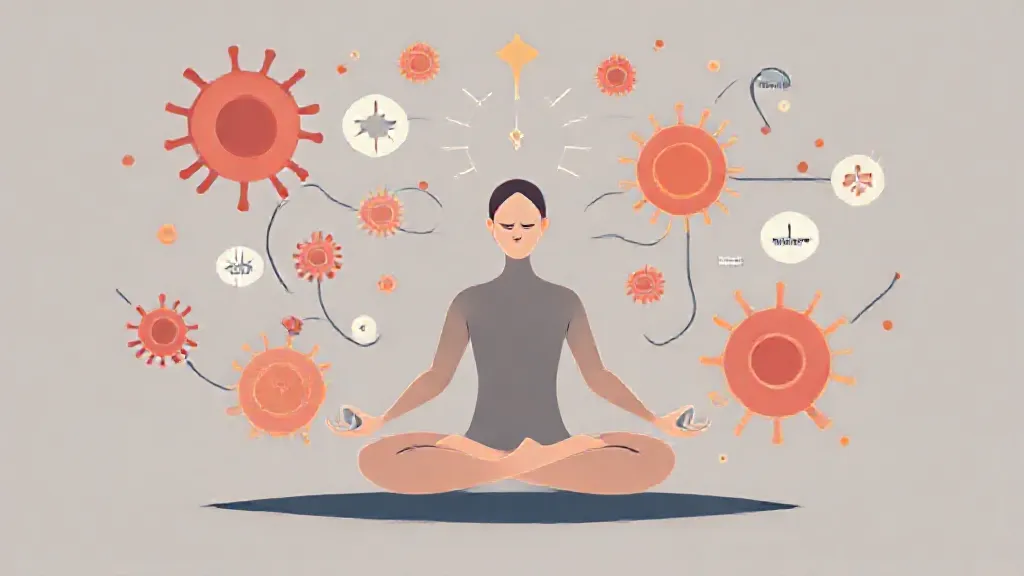Stress is a natural response of the body to perceived threats or challenges, often referred to as the "fight or flight" response. This physiological reaction is designed to prepare the body to face danger, but chronic stress can lead to significant health issues, particularly concerning the immune system. Understanding how stress affects immunity is crucial for maintaining overall health and well-being.
The Biological Mechanism of Stress and Immunity
When the body experiences stress, it releases hormones such as cortisol and adrenaline. These hormones trigger various changes in the body, including increased heart rate and heightened alertness. While these changes can be beneficial in the short term, prolonged exposure to stress hormones can suppress the immune system.
Cortisol, in particular, has been shown to inhibit the effectiveness of immune cells, making the body more susceptible to infections and diseases.
The Impact of Chronic Stress on Immune Function
Chronic stress can lead to a state of immune dysregulation. Studies have demonstrated that individuals under constant stress have lower levels of antibodies and immune cells, which are critical for fighting off pathogens.
This reduction in immune function can result in increased susceptibility to viral infections, such as the common cold, and can exacerbate existing health conditions, including autoimmune diseases.
Stress and Inflammation: A Double-Edged Sword
Interestingly, stress not only weakens the immune response but can also lead to increased inflammation in the body. While acute inflammation is a necessary part of the immune response, chronic inflammation can cause tissue damage and contribute to various diseases, including heart disease, diabetes, and cancer.
The relationship between stress, inflammation, and immune function is complex and highlights the need for effective stress management strategies.
Psychological Stress and Immune Response
Research has shown that psychological stress, such as anxiety and depression, can have profound effects on immune function. For instance, individuals experiencing high levels of anxiety may have elevated levels of pro-inflammatory cytokines, which can further impair immune responses.
This connection underscores the importance of mental health in maintaining a robust immune system.
Lifestyle Factors and Stress Management
Incorporating stress management techniques into daily life can significantly improve immune function. Practices such as mindfulness meditation, yoga, and regular physical exercise have been shown to reduce stress levels and enhance immune responses.
Additionally, maintaining a balanced diet rich in antioxidants and vitamins can help support the immune system during stressful times.
The Role of Sleep in Immune Health
Sleep is another critical factor in the relationship between stress and immune function. Chronic stress often leads to sleep disturbances, which can further compromise immune health.
Research indicates that individuals who do not get enough restorative sleep are more likely to fall ill after being exposed to pathogens. Prioritizing good sleep hygiene can therefore be an essential aspect of managing stress and supporting immune health.
Historical Perspectives on Stress and Immunity
Historically, the understanding of stress and its effects on health has evolved.
Early research focused primarily on the physiological aspects of stress, but more recent studies have highlighted the psychosocial dimensions and their implications for immune function. This shift in perspective has led to a more holistic approach to health, emphasizing the interconnectedness of mind and body.
Conclusion: The Importance of Stress Management for Immune Health
In conclusion, the relationship between stress and the immune system is complex and multifaceted.
Chronic stress can weaken the immune response and increase inflammation, leading to various health issues. By adopting effective stress management techniques, prioritizing sleep, and maintaining a healthy lifestyle, individuals can support their immune systems and enhance their overall well-being.
